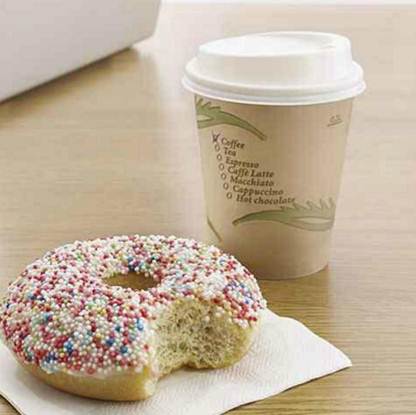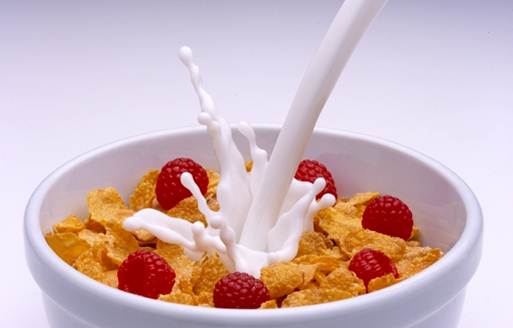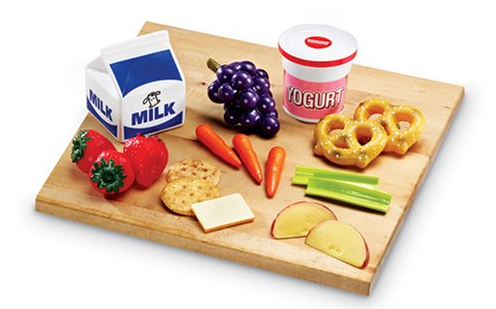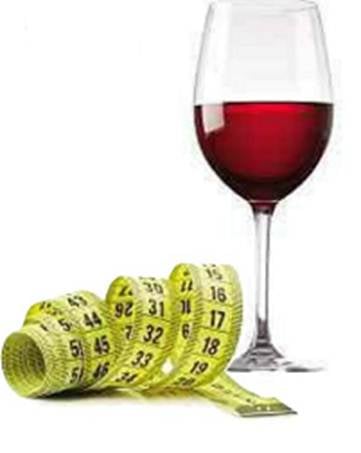Snack-proof your desk with these quick-and-easy tips.
Many of us
spend between eight and 10 hours at our desks each working day. Regular breaks
can be hard, and perhaps this is one reason why desk-bound snacking is
spiraling out of control. Recent research, by MyVoucherCodes.co.uk, found that
female office workers eat around 650 calories each day through snacking.

The
majority of women questioned said they snack more at work than at home. This is
because snacking is habitual. Your working day is more structured than your
life outside work, so habits are more easily formed. Hence the obligatory
biscuit to dunk in your 3pm brew. Your subconscious also plays a big role in
“mindless eating”. In a study by Professor Brian Wansink, author of Mindless
Eating (Hay House, $12), women ate twice the number of chocolates at work if
they were placed near their desk, as opposed to out of sight, and 150 per cent
more if they were on their desks.
The office
environment presents lots of snack triggers. Half of women in the study said
they munched at their desks out of boredom. Your colleagues’ behavior also
plays a huge part. Do you have an office “feeder” who
brings in delicious cakes? Do you feel the need to snack when others are
eating? Becoming aware of these habits will help you consciously choose what
and when you eat.
The key to
good eating habits during the day is a nutritious breakfast. Make sure it
contains protein, as well as slow-releasing carbohydrates to fill you up.
Cereal and porridge are popular options, but they’re low in protein. Top them
with fruit, natural yoghurt and nuts and seeds to ramp up the protein and fibre
content, it’ll keep you going until lunchtime.

When
packing your lunch for work, throw two snacks into your bag of roughly 200
calories each. Your snacks should be well-constructed mini-meals, just like
breakfast, lunch and dinner, and contain fibre, protein, carbohydrate and
healthy fat. Choose from my suggestions on the right. Being prepared will stop
you picking at the unhealthy offerings at work.
Banish snacks
to your desk drawer, but have a bottle of water in view at all time. Each time
you have a snack attack, take a sip of water instead. Switch your caffeine
fixes to herbal tea to boost your hydration. Coffee is a diuretic, which means
it makes you thirstier, and you could be confusing thirst for hunger.
Birthdays
in the office can seem a weekly occurrence. Of course you should allow yourself
the odd cheat treat, but make sure there’s a trade-off. If you have a chocolate
biscuit (roughly 100 calories), commit to a brisk 15-minute walk at lunchtime.
Amanda
Hamilton is a nutritionist, health expert and author of three wellbeing books,
who regularly features on BBC television and radio, GMTV and UKTV. She’s the
founder and director of a retreat company. See amandahamilton.co.uk.
Healthy snack choices

Half an avocado – 140 calories. Full of fibre and essential fats.
One
apple and 20g almond butter – 175 calories. Alomond butter contains magnesium, vitamin E and
calcium.
One
hard-boiled egg –
70 calories. Contains healthy fats and 6.5g protein.
90g
edamame beans – 120
calories. 36 per cent protein and high in fibre.
Natural yoghurt with berries/ seeds – 185 calories. A sprinkling of seeds contains 35 per cent
protein.
Crudités
and houmous – 50g
low-fat houmous contains 125 calories. Carrots contain 37 calories per 100g.
Q + A
How
does drinking alcohol prevent me from losing weight?

If you do drink, opt for one glass of red wine
Limit your
alcohol if you want to slim down. Not only does it contain “empty calories” –
110 in a small glass of wine – but it prevents your body from absorbing
nutrients such as vitamin C, which helps your body convert fat into energy.
Your body treats the alcoholic content of your drink like a toxin, which it
must eliminate. So as soon as you have a drink, your body stops burning fat,
carbohydrate and protein, and switches to burning alcohol, storing any food you
eat for energy later on. Also, if your body is trying to eliminate a toxin, your
exercise regime will suffer. Muscle mass will be reduced and recovery time will
be longer as your body has fewer nutrients at its disposal. So, if you booze,
you don’t lose!